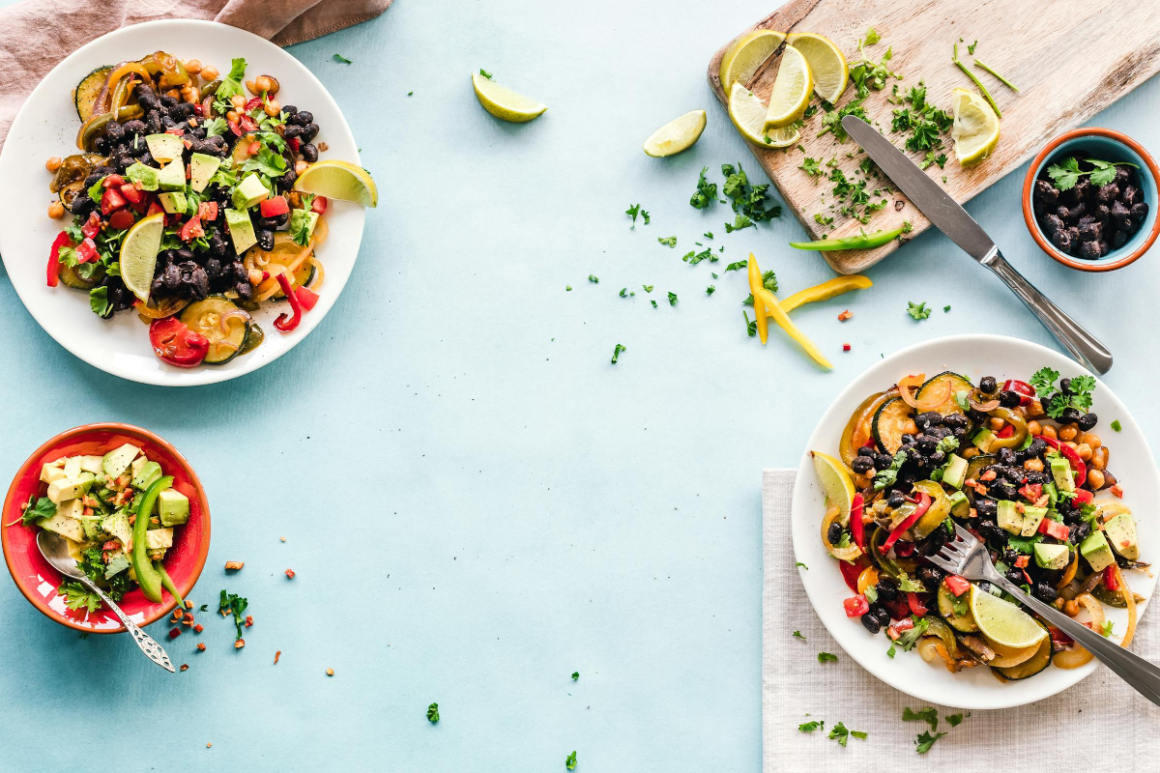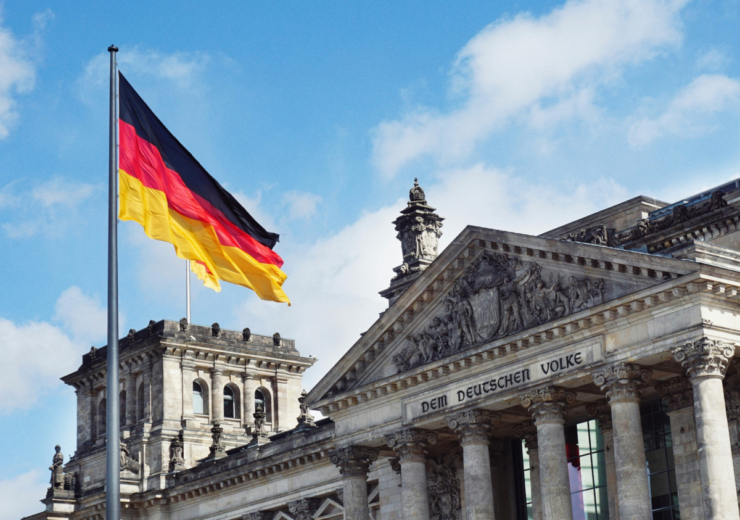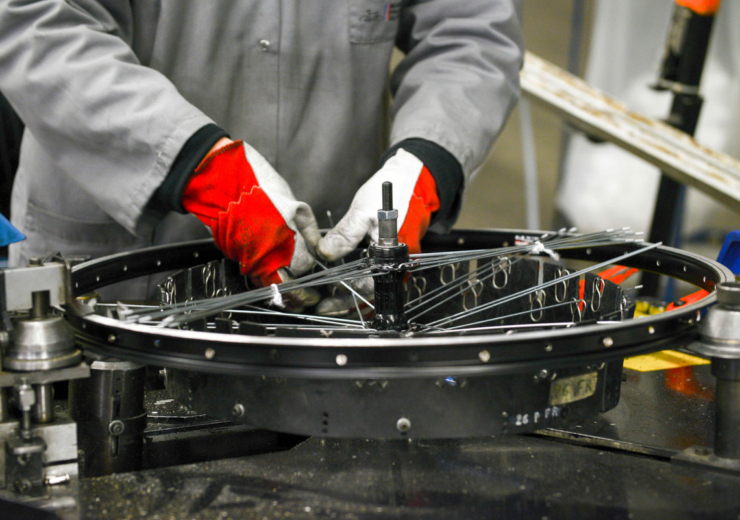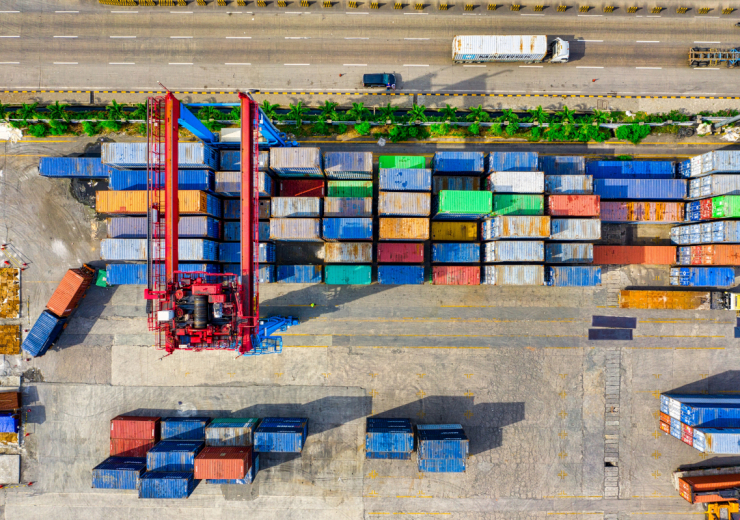The Food Technocampus has released its first podcast, giving the floor to two specialists in foresight to help us understand new consumer behaviours and the major food trends of 2030. The food industry is a major sector in Atlantic France, and the region is the place to be for innovative companies in this field.
Inaugurated in 2018 and based in Nantes, the Food Technocampus brings together stakeholders in the agrifood sector. This collaborative research platform aims to help Atlantic France businesses innovate and stay up to date with the sector’s key evolutions.
The organisation has recently released the first episode of its podcast, “Pop’in et Popote”. In this episode, two specialists discuss the future of the food industry: Claudine Bras, Head of the Analysis and Forecasting Department at Solutions&co, and Catherine Rouget, Founder and Managing Director of UpComing, a forward-looking marketing and consumer trends consultancy.
The main food trends for 2030
For 71% of French people, pleasure is the driving force behind their diet. But the way we eat and prepare food is changing in response to major challenges such as climate change and an ageing population. New trends are therefore emerging:
- Restaurants are offering more and more vegetarian dishes
- The agrifood industry is testing AI to create recipes and new products
- Food professionals are making more hybrid proposals (e.g. mixing Asian and European flavours)
- The production of synthetic meat is rising and is now authorised in the USA and Singapore
Changes in society are also having an impact on 3 main areas:
- Food is considered an important factor of well-being and healthcare, and in the future we can expect that diets will not only be seen as curative, but also preventive. Evidence suggests that gendered diets are emerging, particularly for women, tailored to their menstrual cycles.
- The “urban food” trend (snacking, food on the go) is rising, with people spending less and less time at the table, even in France. In the future, we can expect that the trend will go towards “good and go”, featuring food that is not only extremely practical to consume, but also environmentally friendly in terms of use, packaging and recipes. For example, in the realm of smart packaging, players are exploring options like wrapping food in seaweed leaves or in compacted vegetable peelings.
- Food experience: consumers are awaiting new, fun culinary experiences that are out of the ordinary. The Metaverse could play a significant role in this evolution, such as allowing users to order and have their favourite dishes delivered through the means of a video game.
Scenarios to better anticipate the future of food
Consumer habits are changing very quickly, and professionals must anticipate the trends to stay ahead. The Food Technocampus, Solutions&co’s analysis and foresight department, and the Nantes-based design fiction collective ‘Le Coup d’Après’ have worked on prospective scenarios based on three factors of change: the intensity of climatic events, the scarcity of resources, and inflation.
Scenario 1: the government decides to organise and regulate food due to the dramatic growth in health problems and the associated costs.
Scenario 2: citizens take back control of their food by favouring local products and taking the time to cook, following the slow-life trend.
Scenario 3: the agrifood industry becomes a player in the health food sector, cooperating to offer innovative products and services, including partnerships with players outside the agrifood sector.
Atlantic France, a strategic location for food specialists
With 51,400 jobs in the food sector, Atlantic France ranks as the second French region. 24% of the region’s workforce is employed by the food industry which represents 775 companies, including global leaders such as Yoplait, Fleury Michon, Lu, Sodebo, Charal, and Lactalis. The region is also an important logistics hub for food, and the wholesale market MIN Nantes is the second largest in France.
The agrifood sector is very innovative, and in Atlantic France, more than 400 researchers specialise in this field. The players can benefit from a dedicated business cluster, Ligeriaa, and many innovation clusters and platforms: Valorial, Vegepolys Valley, Nova Child, Ligépack, Proxinnov, and, of course, the Food Technocampus. Last but not least, startups can be accompanied in their growth by the foodtech accelerator FuturaGrow.
Are you a food company looking to expand your business? In Atlantic France, you’ll find yourself surrounded by top experts and you’ll benefit from an ecosystem that fosters the growth of your business.


 日本語
日本語  Français
Français 



